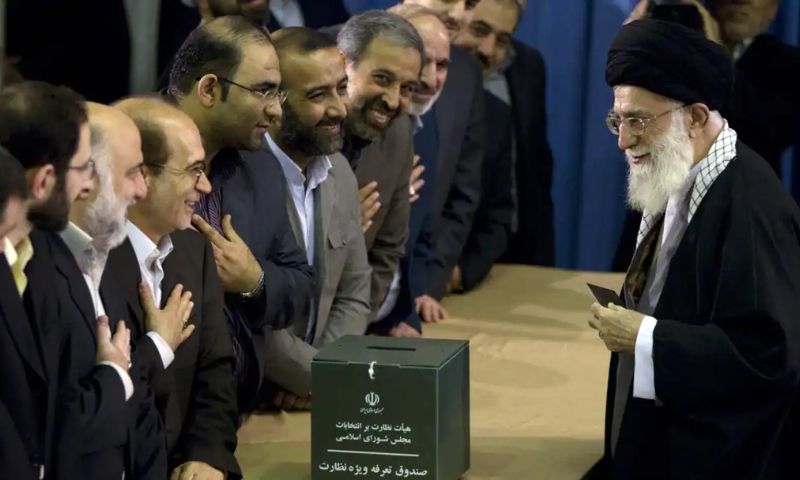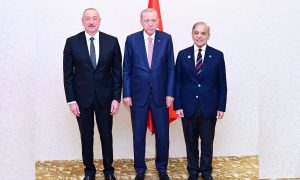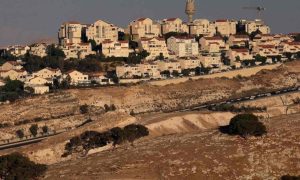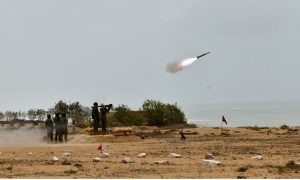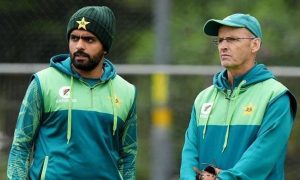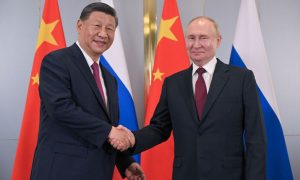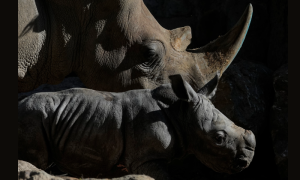TEHRAN, Iran: The first round of Iran’s presidential election has revealed significant shifts in political support following the tragic death of President Ebrahim Raisi in a helicopter crash. Masoud Pezeshkian and Saeed Jalili emerged as leading candidates amidst a historically low voter turnout.
Analysts, including Ali Vaez from the International Crisis Group, noted a marked decline in voter bases for both reformists and conservatives. Despite endorsements from former presidents and vigorous mobilization efforts, Pezeshkian and the reformists struggled to rally sufficient support. Similarly, Jalili, known for his staunch anti-Western stance and opposition to the 2015 nuclear deal, garnered substantial backing but failed to match previous election results.
The turnout was notably low, with only about 40 percent of the 61 million eligible voters casting ballots. This marks a record low in a country where political engagement has traditionally been higher, and more than 1 million ballots were spoiled.
Ali Vaez of the International Crisis Group noted that both reformists and conservatives struggled to rally their bases, indicating a shrinking support network. Pezeshkian’s lead was bolstered by endorsements from prominent former presidents Mohammed Khatami and Hassan Rouhani. However, despite substantial efforts, the reformist campaign was insufficient to overcome widespread voter apathy.
Conservatives, despite deploying significant resources, also failed to secure a dominant position. Jalili, a former nuclear negotiator known for his staunch anti-West stance, received endorsements from other conservative figures but could not match the support levels seen in previous elections.
The election occurred amid severe economic challenges, exacerbated by international sanctions, and heightened regional tensions involving Iran’s nuclear program and the Gaza conflict. Pezeshkian’s campaign focused on addressing economic woes and improving international relations, though his supporters do not expect rapid solutions.
Official results showed Pezeshkian with 42.4 percent of the vote, closely followed by Jalili with 38.6 percent. The runoff election will likely see intensified efforts from both camps to secure the presidency, with potential implications for Iran’s future domestic and foreign policies.









